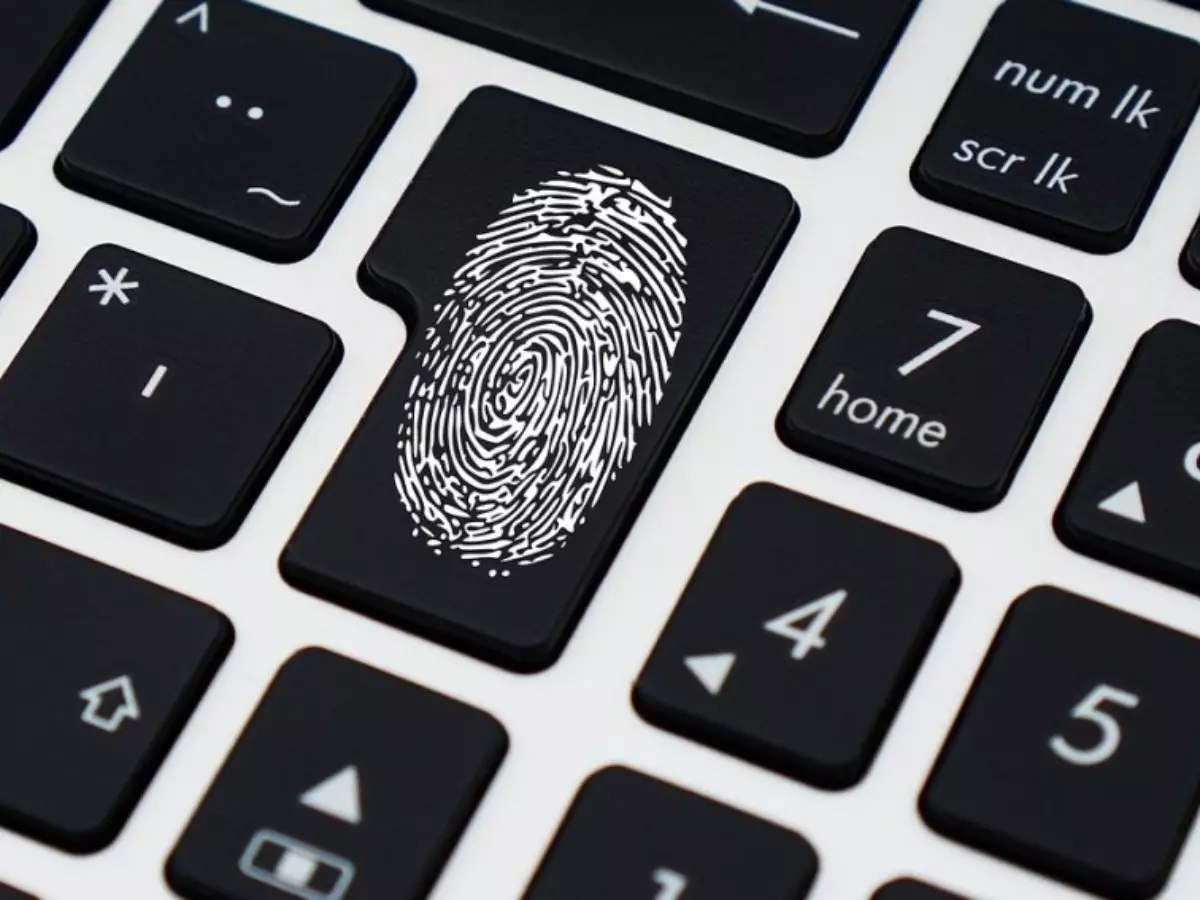Man In UP Learns Fingerprint Cloning, Hacks 500 Bank Accounts Using Glue Gun
After repeated complaints from many beneficiaries, the police launched a probe. The crime branch found that the money was credited into the beneficiaries' accounts, but it was later withdrawn through Jan Suvidha Kendras being run by bank mitras, according to a report by TOI.

A 26-year-old man was arrested by the police in Uttar Pradesh who learned fingerprint cloning and allegedly hacked 500 bank accounts. The police identified the man as Gaurav.
How were they busted?
Police in Shahjahanpur district of Uttar Pradesh have busted the cheat who duped hundreds of beneficiaries of government schemes like PM Kisan Yojna, old age pension among others. After repeated complaints from many beneficiaries, the police launched a probe. The crime branch found that the money was credited into the beneficiaries' accounts, but it was later withdrawn through Jan Suvidha Kendras being run by bank mitras, according to a report by TOI.
 Representation
Representation
Gaurav, one of the accused in the case, told police that it cost him Rs 5 only to clone a fingerprint using a glue-gun and adhesive. He had learnt the cloning technique online, according to a report in Times of India. Police later arrested six people including 26-year-old Gaurav, who is a graduate and runs a photocopy shop in Kant area. Two other accused are absconding.
Modus operandi
According to Shahjahanpur police, they have recovered 500 cloned fingerprints of the victims including their bank passbooks, Aadhar cards. During the course of the investigation, police found out that Gaurav used to clone fingerprints of bank mitras using glue-gun and adhesive. Police suspect that Gaurav may have also been involved in other gangs in the district.
 Getty Images
Getty Images
"The accused used the cloned fingerprints to spoof biometrics to do transactions by hacking bank accounts. Many of the victims were illiterate. The fingerprint cloning technique is available online and is often misused. We will see if such contents can be removed," the report quoted IG Rajesh Pandey as saying. Police said they are trying to gather more about such gangs operating in the state.
 Getty Images
Getty Images
How to protect yourself?
Use unique, high-strength passwords for each of your websites, applications and systems and; use Two-Factor Authentication on all of your websites, applications and systems whenever possible. You have to assume that your facial geometry, fingerprints and other biometrics are probably already in the hands of cybercriminals. Unlike a password, your face and fingerprints caní»t be reset and therefore, they caní»t be used as a replacement for a password.
